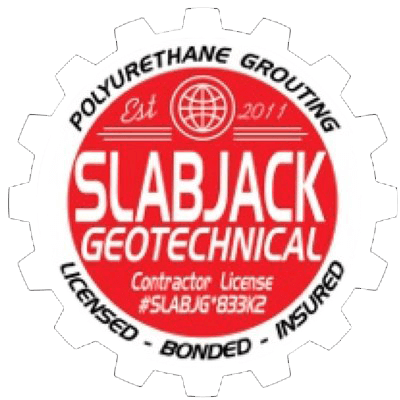What is compaction and permeation grouting?
Compaction and permeation grouting are methods used to increases the density and load bearing capacity of soil.
Permeation grouting
Permeation grouting is a process where single component polyurethane grout is injected into the ground which then absorbs into the soil, expands and solidifies. Permeation grouting is generally done through lances or injection needles, lengths of thin metal pipe that can be driven into the ground four or five feet. If additional depth is needed other methods to inject the grout are generally utilized.
Permeation grouting is most often used behind or under Seawalls and bulkheads to reduce erosion which happens due to wave action, tides and uncontrolled drainage. The grout itself is moisture activated so it is ideal for marine environments.
Compaction grouting
Compaction grouting or deep injection is a process where plural component polyurethane grout is injected into the ground. Compaction grouting does not absorb into soil like permeation grouting does. It is therefore best utilized under foundations, structures and concrete slabs with a known compaction problem beneath them and where scouring tides and wave action are not present. Compaction grouting also can be used to spot inject for leaks behind seawalls, basement walls and other areas where targeted leaks can be stoped.
Compaction grouting is an ideal solution where loss of support has occurred but settling is not significant. These are often found on pole buildings, homes, outbuildings and other structures which need to be re-supported but are not to the point of needing to be raised substantially by a foundation piering company.
Why choose Slabjack Geotechnical?
Slabjack Geotechnical is a leader in polyurethane grouting and has been doing compaction grouting with polyurethane grouts in the state of Washington and North Idaho longer than anyone. Because of this we have the methods and processes to ensure lasting results. Additionally we partner with several companies to provide piering services when grouting is not the best option.
The products we use are top notch. Hydrophobic as well as NSF-ANSI 61 polyurethanes are used and are safe for use in and around potable water.














